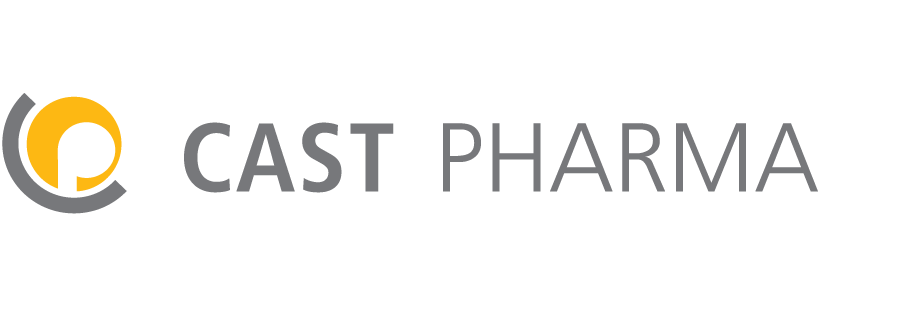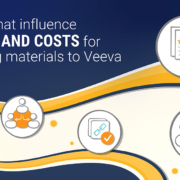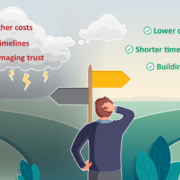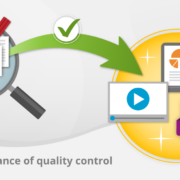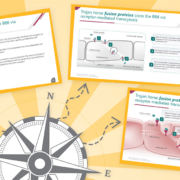One Page, many meanings: choosing between infographics, training cards, one-pagers, and illustrations
The terms “infographic,” “training card,” “one-pager,” and “illustration” are frequently used interchangeably in pharmaceutical communications, yet each represents a distinct format with specific characteristics and purposes. This lack of precision in terminology creates real challenges: medical affairs teams request “infographics” when they need detailed scientific summaries; MSLs receive dense text documents when they need quick-reference tools; and congress materials lack the visual impact needed to engage HCPs in a busy environment.
These mismatches between format and purpose not only waste resources but also diminish the effectiveness of scientific communication. Read more
